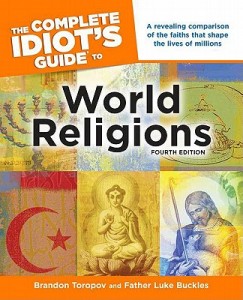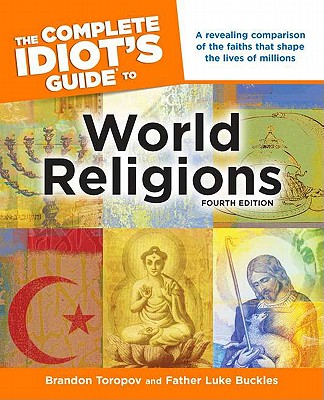 In this week’s podcast, We discussed some of the problems with the World Religions paradigm, most notably its colonial heritage and Christocentrism. Given its dominance in the public perception of “Religion”, however, can we as teachers get away from it? Is there a pedagogical approach which focusses on issues of power and domination, and challenges, rather than reinforces, outmoded common-sense categorisations? In other words, can “Religion 101” ever be more than a survey of “the World”s Faiths”, and if so, what do we replace it with?
In this week’s podcast, We discussed some of the problems with the World Religions paradigm, most notably its colonial heritage and Christocentrism. Given its dominance in the public perception of “Religion”, however, can we as teachers get away from it? Is there a pedagogical approach which focusses on issues of power and domination, and challenges, rather than reinforces, outmoded common-sense categorisations? In other words, can “Religion 101” ever be more than a survey of “the World”s Faiths”, and if so, what do we replace it with?
We begin with James Cox, who adds a postscript to his previous interview, suggesting some possibilities for pedagogical approaches to Religious Studies without falling back into the problematic World Religions paradigm. Mark Jurgensmeyer, Peter Beyer and Craig Martin then outline approaches they have utilised in the US – critical, sociological…. – and reflect on their success. Suzanne Owen, however, points out some of the serious practical issues of teaching based on alternative and indigenous religions. We close with Steve Sutcliffe who, while accepting some challenging issues in the UK situation, nevertheless expresses a need for the field as a whole to work together to move Religious Studies pedagogy forward.












